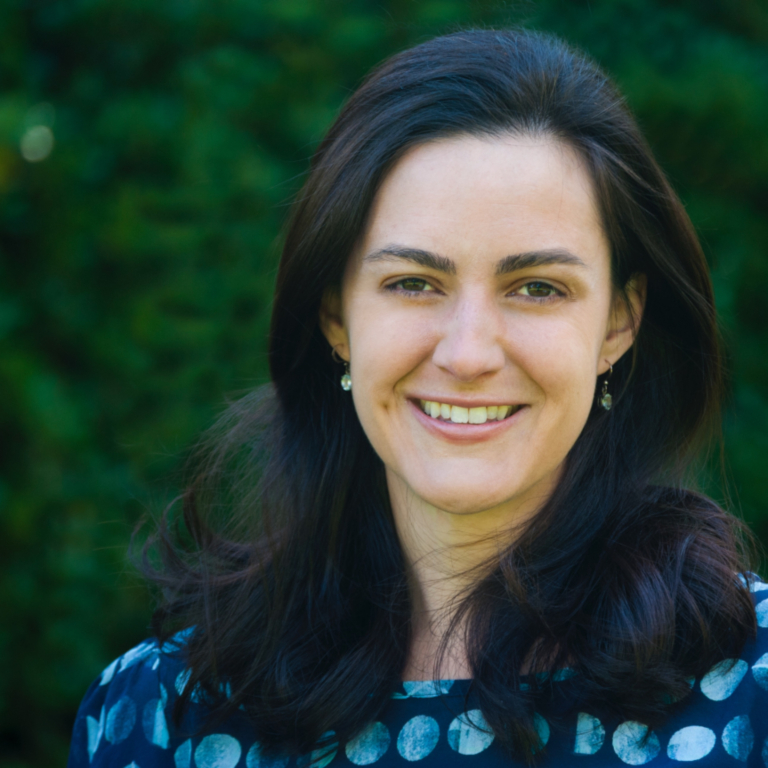Most of the discussion about a coronavirus vaccine has centered on the timeline, President Trump’s promises and the recent halt to one of the Phase 3 clinical trials of a vaccine because of adverse effects to one participant. One aspect of this discussion has been missing: African Americans should be at the front of the line to get the vaccine.
As has happened with most disease outbreaks in U.S. history, socioeconomically vulnerable members of our society are suffering the most from covid-19, the disease caused by the novel coronavirus. In particular, African Americans have contracted and died of the disease at disproportionately high rates as some government leaders have shown a lack of regard for the health and safety of Black and brown people, especially low-wage workers in jobs deemed essential. Without an adequate social safety net, Black Americans are less likely to have health care and financial resources to weather the economic turmoil wrought by the pandemic.
But even if African Americans are prioritized for the vaccine, there’s a catch: In part because of the racist way that compulsory vaccination campaigns were deployed in the early 20th century, as well as other long-term racism in our medical system, a recent survey found that African Americans are less likely to trust medical science and would be less interested in a coronavirus vaccine if it were currently available (54 percent of Black respondents) than their White and Hispanic counterparts (74 percent in both groups). History helps to explain these disparities. Over the past 100 years, medicine has emerged more as a tool for control of the Black community than a solution for illnesses.



